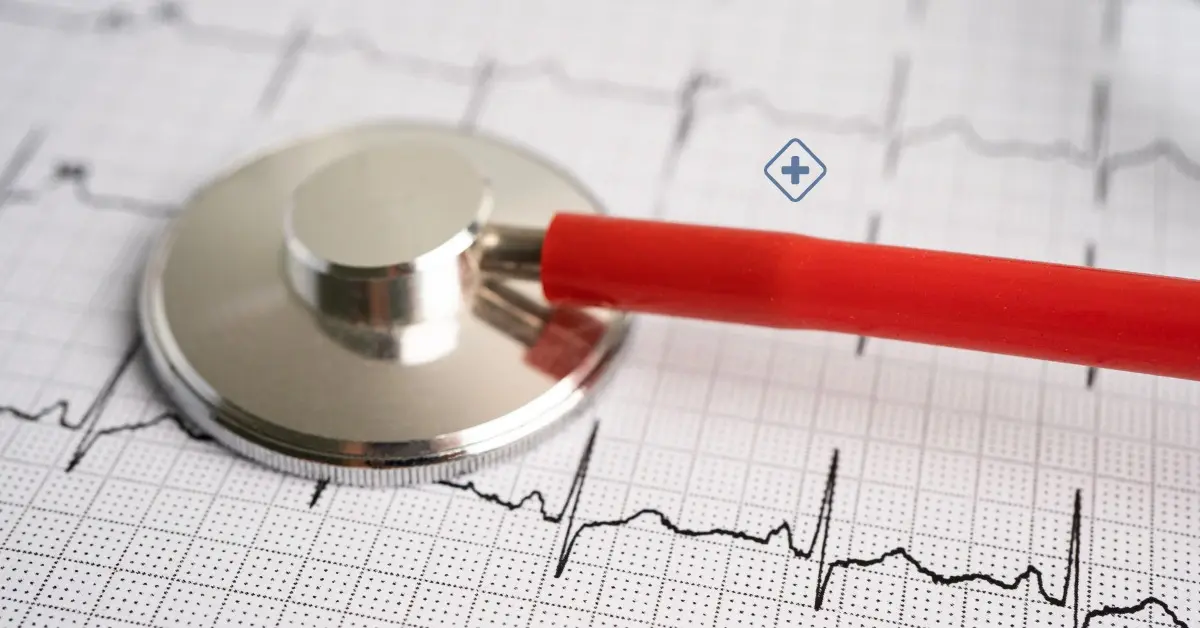
Congenital Heart Disease
Congenital Heart Disease is an alteration in the structure and function of the heart during birth. Read about symptoms and prevention at Health Library.

Congenital Heart Disease (CHD) is an alteration in the structure and function of the heart present during birth.
There are several Congenital Heart Diseases, some with low risk, mild treatment with good diagnosis, and others more serious and with a reserved diagnosis.
This congenital disease is the most common, causing more deaths in the first year of life than any other birth defect, on average, of every 1,000 newborns, about 8 suffer Congenital Heart Disease. Some of the most serious congenital heart defects are ventricular septal defect, atrial septal defect, and patent ductus arteriosus.
Causes
Several factors can cause Congenital Heart Disease, such as:
-
Genetic factors
-
Maternal infections, such as syphilis or rubella
-
Nutritional status of the mother (overweight, lack of iodine or folate, diseases such as Diabetes, among others)
-
Exposure during pregnancy to tobacco, certain products, and chemicals, some medications, radiation, or drinking alcoholic beverages
-
Chromosomal abnormalities and genetic syndromes can be hereditary
-
Environmental factors
There are two types of Congenital Heart Disease, we group the most frequent Congenital Heart Diseases.
Cyanosis (bluish discoloration due to lack of oxygen):
-
Ebstein's anomaly
-
Pulmonary atresia
-
Tricuspid atresia
-
Hypoplastic left heart
-
Total anomalous pulmonary venous return (TAPVR)
-
Tetralogy of Fallot
-
Transposition of the great vessels
-
Arterial trunk
Non-cyanotic
-
Auriculoventricular Canal (CAV)
-
Aortic stenosis
-
Pulmonary stenosis
-
Coarctation of the aorta
-
Patent ductus arteriosus (CAP)
-
Ventricular septal defect
-
Atrial septal defect
-
Bicuspid aortic valve
Symptoms
The symptoms of congenital heart defects vary depending on the condition that causes them. Sometimes these symptoms occur during birth and others may appear after delivery. Although Congenital Heart Disease is present at birth, symptoms may not appear immediately.
Some of the most common symptoms of Congenital Heart Disease that can occur in adulthood are:
-
Tiredness, fatigue when making some physical effort
-
Bluish color to the skin, lips, and nails (Cyanosis)
-
Inflammation of body tissue or organs (Edema)
-
Trouble breathing
-
Abnormal heart rhythm (Arrhythmia)
Diagnosis of Congenital Heart Disease
The Cardiologist or Pediatric Cardiologist will perform exams, tests, and questions based on the symptoms, lifestyle and medical history.
Birth defects are usually diagnosed by ultrasound during pregnancy; this test can detect any abnormality in pregnancy. In detecting any abnormality, there should be medical attention ready at the time of birth; on this, the life of the newborn may depend.
Treatment of Congenital Heart Disease
The treatment to be used will depend on the disease. In the vast majority of anomalies, prompt follow-up should be performed.
It is possible to treat certain Congenital Heart Diseases with medications. In more severe cases, treatment with one or more heart procedures or surgeries will be necessary.
Living with Congenital Heart Disease
People with Congenital Heart Disease require lifelong medical assistance.
The patient should follow all the instructions, treatment, and recommendations of their doctor.
Children suffering from this disease require specific care, make review visits, and follow up for more tests, procedures, and surgeries.
Parents must learn about Congenital Children Heart Disease and are involved in the treatment, education, and care of it, making their child adapt to their heart disease and lead a healthy life.
During the pregnancy period, women should take good prenatal care, it is possible to reduce the risk of Congenital Heart Disease by following these tips
-
Don't consume alcohol and illicit drugs during pregnancy
-
Before taking a new medication, check with your doctor
-
Try to have a blood test in early pregnancy, to make sure you have immunity to rubella. If you are not immune, avoid any possible exposure to this disease and get the vaccine immediately after delivery
-
If you have Diabetes, keep good control of your blood sugar level
-
If you have a family history of Congenital Heart Disease (CHD), consult your doctor, for genetic testing
When to go to a doctor?
It is essential to consult a Cardiology specialist to diagnose Congenital Heart Disease and to be able to start a treatment that helps you control your symptoms.
When asking your Cardiologist or Pediatric cardiologist, try to keep a record of your pain with a detailed description of the symptoms, duration, and what you think triggered them. Also, mention any medications you are taking.
If unusual symptoms such as chest pain or difficulty breathing occur in your adult life, seek emergency medical attention.
If you have signs or symptoms of Congenital Heart Disease or were treated for congenital heart failure in childhood, see a doctor.
In the case of babies and children with Congenital Heart Disease, the parents or guardians of the children will be in charge of giving them special attention and providing them with the doctor's treatment. If you notice any abnormalities in the child, such as blue color, heart failure, tiredness, or another unusual symptom, it will be necessary to take the child to the Pediatric Cardiologist immediately.

Cardiac Ablation
Cardiac ablation is recommended when treatments are no longer effective or are not well tolerated to treat arrhythmias
Extrasystoles
Ventricular extrasystoles may not present symptoms; in other cases, they may cause unpleasant or alarming sensations.
Heart Murmurs
A heart murmur is an unusual sound that is heard when blood flows through the heart.
Cardiac Catheterization
Cardiac catheterization is an invasive procedure used to assess the heart and blood vessels by inserting a catheter into them.
- Do You Need an Appointment with a Specialist?
- call us
- write us
- let's talk





